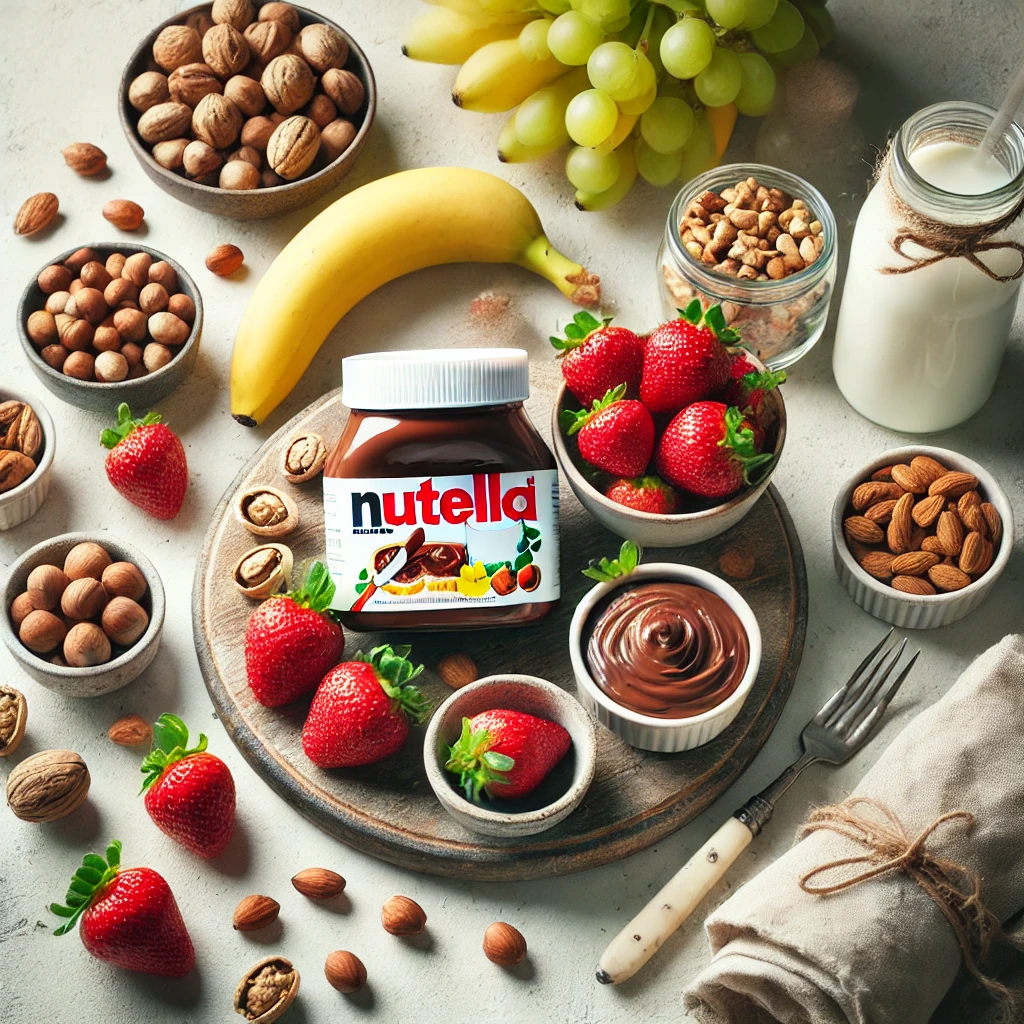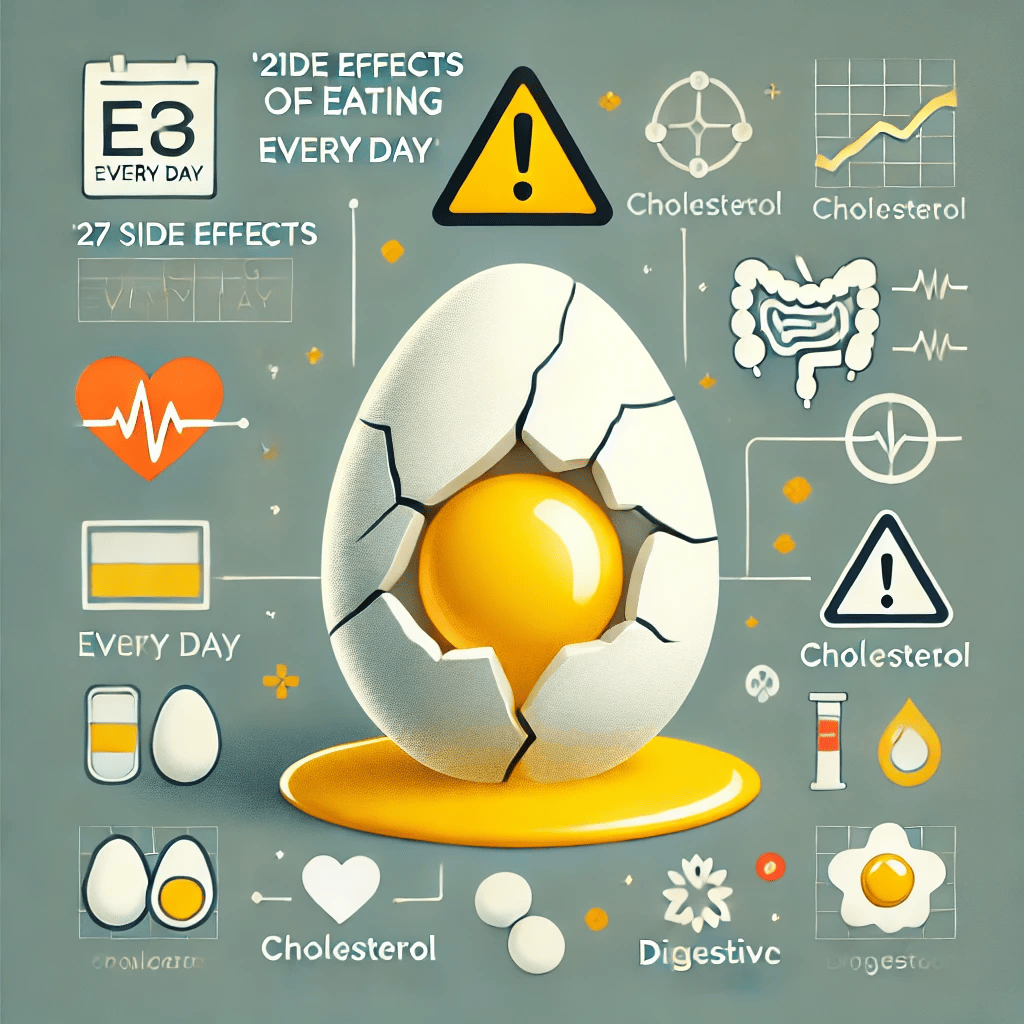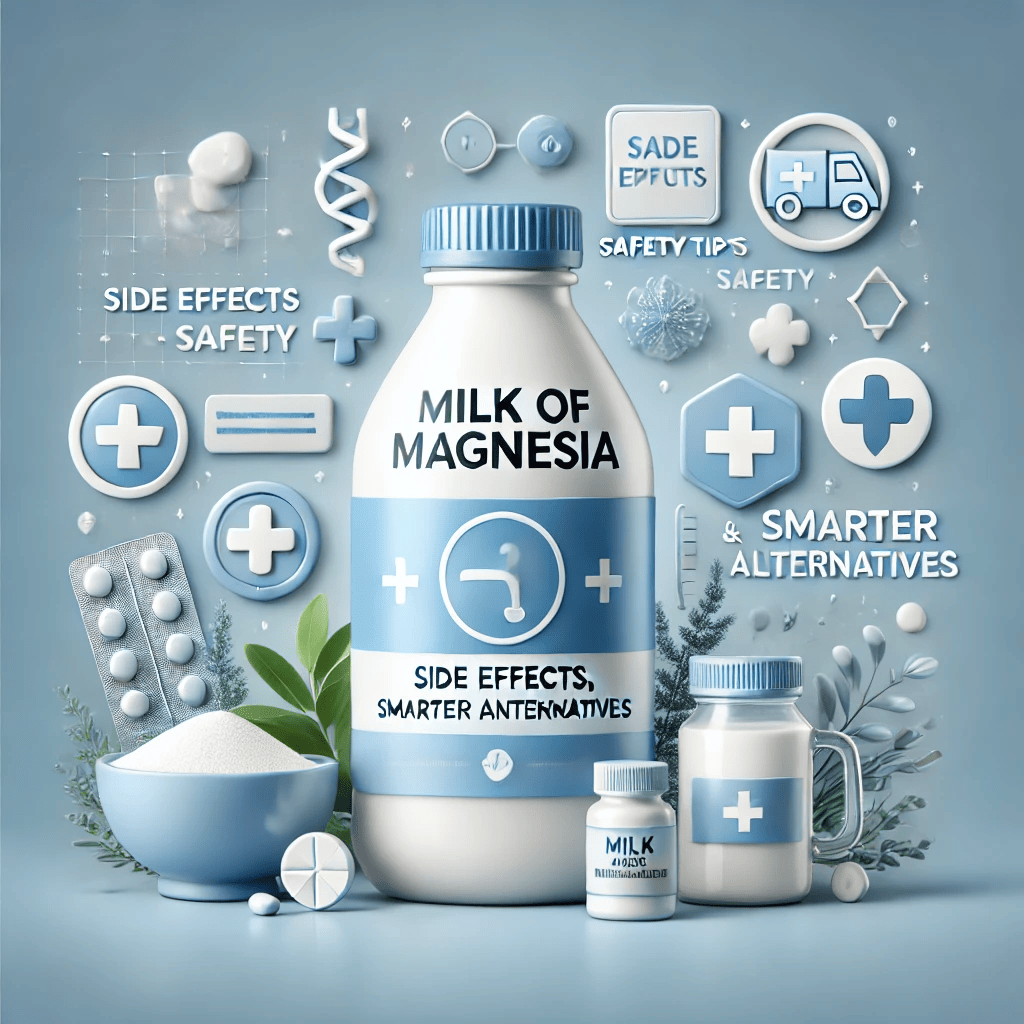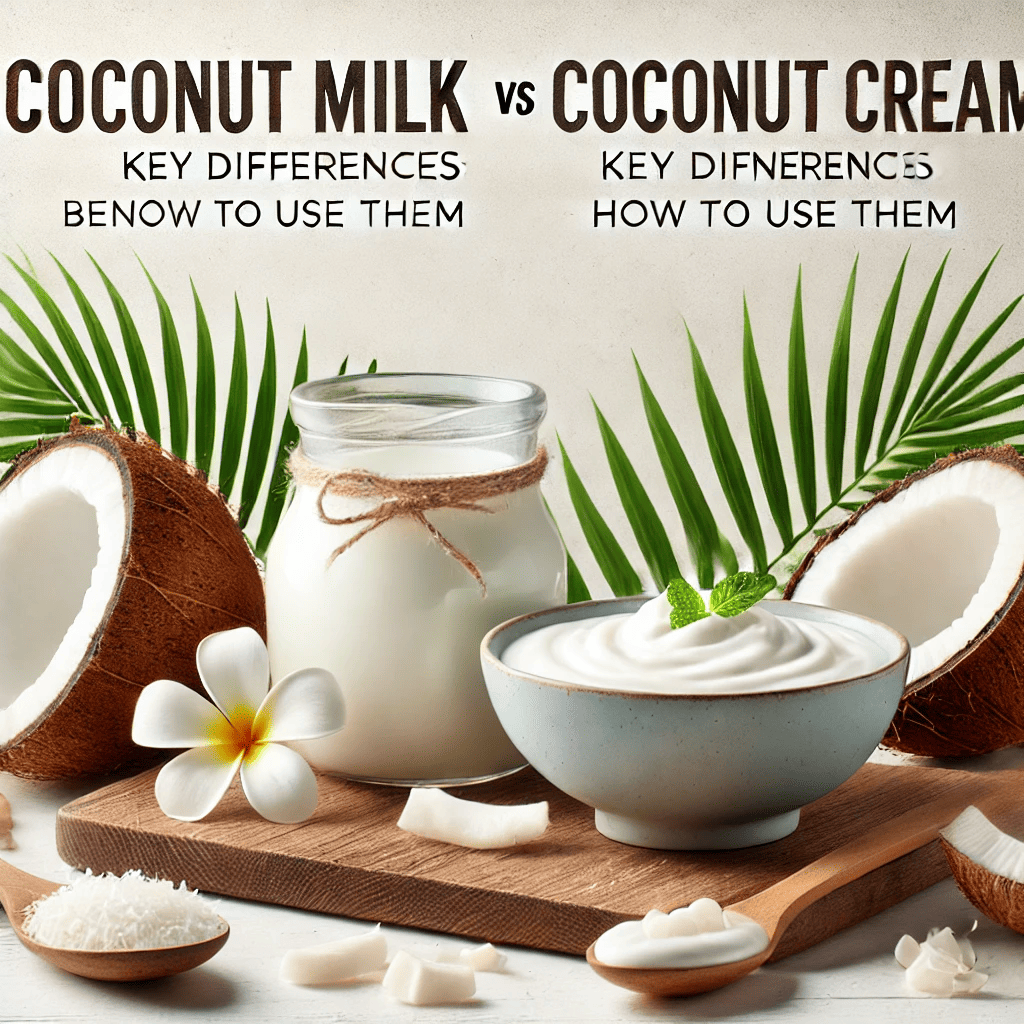Is Nutella Healthy?
Nutella, the popular hazelnut spread, has been a beloved treat for many. But, with increasing concerns over health, it’s natural to ask: Is Nutella healthy? In this article, we’ll break down its nutritional profile, examine the ingredients, and explore whether Nutella can be part of a healthy diet. We’ll also provide practical tips for making healthier choices and alternatives if you’re concerned about its impact on your health.
Nutritional Overview of Nutella
Before deciding if Nutella is healthy or not, let’s first understand its nutritional breakdown. A standard serving size of Nutella is about 2 tablespoons (37g), and here’s what you typically get:
- Calories: 200
- Total Fat: 11g
- Saturated Fat: 1.2g
- Carbohydrates: 22g
- Sugars: 21g
- Protein: 2g
- Fiber: 1g
- Sodium: 15mg
Key Nutrients in Nutella:
- Hazelnuts: Hazelnuts provide healthy fats and some protein, which can offer some nutritional benefits.
- Sugar and Cocoa: The sugar content is high, which is a concern for people monitoring their sugar intake.
- Palm Oil: Nutella contains palm oil, which is high in saturated fat, raising concerns about heart health.
Is Nutella Healthy? Examining the Pros and Cons
The Pros of Nutella
- Good Source of Hazelnuts:
- Hazelnuts are rich in vitamins, minerals, and healthy fats. They are known to help reduce inflammation and support heart health.
- Example: Hazelnuts provide vitamin E, an antioxidant that supports skin health and may help reduce the risk of heart disease.
- Provides Some Protein:
- Each serving of Nutella has about 2g of protein, which is beneficial when consumed as part of a balanced diet.
- Rich in Iron:
- Nutella contains small amounts of iron, which helps in the production of red blood cells and improves oxygen transportation in the body.
The Cons of Nutella
- High Sugar Content:
- Nutella has a high sugar content, with 21g of sugar per 37g serving. This can spike blood sugar levels and contribute to weight gain, especially if consumed in large quantities.
- Tip: If you want to reduce sugar intake, limit your portion size of Nutella or use it sparingly.
- High in Unhealthy Fats:
- The presence of palm oil, which is rich in saturated fats, is another concern. Saturated fats can raise LDL (bad) cholesterol levels, contributing to heart disease.
- Example: Consuming too many saturated fats can increase the risk of heart attacks and strokes.
- Low in Fiber and Protein:
- Despite being marketed as a “hazelnut spread,” Nutella contains relatively little fiber or protein. A healthy spread should provide more of these nutrients to keep you feeling full and satisfied.
How Nutella Affects Your Health
1. Weight Gain and Obesity
- Due to its high-calorie content, Nutella, if consumed excessively, can contribute to weight gain. Since it’s high in sugars and fats, it’s important to consume it in moderation.
2. Blood Sugar Spikes
- Nutella’s high sugar content can lead to rapid spikes in blood sugar. This is especially a concern for individuals with diabetes or those trying to manage their weight.
3. Heart Health Concerns
- The high levels of palm oil in Nutella are a source of saturated fats. High consumption of these fats may increase your cholesterol levels, which could affect heart health in the long term.
Healthier Alternatives to Nutella
If you enjoy Nutella but are concerned about its health impact, here are a few healthier alternatives to try:
1. Nut Butters (Peanut, Almond, or Cashew Butter)
- Nut butters are typically made from ground nuts, offering a more natural, protein-rich alternative. Look for options with minimal added sugar and healthy fats.
- Example: Peanut butter provides healthy fats, protein, and fiber, making it a more nutritious option.
2. Homemade Nutella
- You can make your own Nutella at home using simple ingredients like hazelnuts, cocoa powder, and a sweetener like honey or maple syrup.
- Tip: Making your own version allows you to control the ingredients and reduce the sugar content significantly.
3. Fruit-Based Spreads
- You can use fruit-based spreads, such as mashed bananas or berries, mixed with nuts for a natural, lower-sugar alternative to Nutella.
- Example: A spread made from mashed avocado with cacao powder and a touch of honey can be a creamy, nutritious choice.
Tips for Including Nutella in a Healthy Diet
- Use Smaller Portions:
- If you’re craving Nutella, try spreading it on whole-grain toast or adding it to oatmeal. Use a small portion to keep the sugar and calorie intake in check.
- Combine with Healthier Foods:
- Nutella can be paired with healthier foods like fruits, nuts, or whole grains to balance out its high sugar content and boost the nutritional value of your meal.
- Occasional Treat:
- Nutella can still be part of a healthy diet, but it should be considered an occasional treat, not a regular part of your meals. This way, you can enjoy the taste without compromising your health.
Conclusion: Is Nutella Healthy?
Nutella can be enjoyed as an occasional treat, but it’s not the healthiest option if consumed regularly. With its high sugar and fat content, it’s important to enjoy it in moderation. While it has some nutritional benefits from hazelnuts, the drawbacks of excessive sugar and palm oil cannot be ignored.
For those who love Nutella but want a healthier alternative, homemade versions or nut butters can be excellent choices. By making small changes to how you enjoy Nutella, you can still satisfy your cravings while maintaining a balanced and healthy diet.
Part 2: Deep Dive Into Nutella’s Ingredients and Health Impacts
Now that we’ve discussed the general pros and cons of Nutella, let’s take a closer look at the key ingredients and how they might impact your health over time.
The Key Ingredients in Nutella
Understanding the ingredients of Nutella can help you make an informed decision about its health effects. Here’s a breakdown of the primary components:
1. Sugar
- Sugar is the primary ingredient in Nutella, and it’s the most significant contributor to its high calorie count. Excess sugar consumption can lead to a range of health issues, including obesity, type 2 diabetes, and heart disease.
- Example: Consuming sugary foods regularly can cause insulin resistance over time, which may contribute to weight gain and increase the risk of metabolic disorders.
2. Palm Oil
- Palm oil is used as the primary fat source in Nutella. While it helps create a smooth texture, it is high in saturated fat, which can raise cholesterol levels and increase the risk of cardiovascular disease.
- Tip: Look for brands that use healthier oils, like sunflower or olive oil, if you’re concerned about saturated fats.
3. Hazelnuts
- Hazelnuts are packed with healthy monounsaturated fats, which are good for heart health. They also provide a small amount of protein and fiber, helping to promote satiety and stabilize blood sugar levels.
- Example: Hazelnuts are an excellent source of vitamin E, which helps protect cells from oxidative damage and supports immune function.
4. Cocoa
- Cocoa in Nutella provides antioxidants, which are known for their health benefits, including fighting inflammation and improving heart health. However, the amount of cocoa in Nutella is relatively low compared to other chocolate products.
- Fact: Dark chocolate, which has a higher percentage of cocoa, contains more antioxidants than Nutella. So, if you love the flavor, dark chocolate could be a better choice for health benefits.
5. Skim Milk Powder
- Skim milk powder adds creaminess to Nutella but also contributes to the sugar content. While dairy provides protein and calcium, consuming it in large amounts may not align with everyone’s dietary preferences, especially for those who are lactose intolerant.
- Tip: If you are lactose intolerant or avoid dairy, look for dairy-free Nutella alternatives made from coconut milk or almond milk.
6. Emulsifiers (Lecithin)
- Lecithin is a common emulsifier used in Nutella to keep the spread smooth and prevent the separation of oil and solids. While it’s generally considered safe, it doesn’t offer any significant nutritional value.
- Fact: Emulsifiers like lecithin are used in many processed foods to improve texture and shelf-life, but they don’t contribute to overall health.
Can Nutella Fit Into a Balanced Diet?
Despite its nutritional drawbacks, Nutella can still fit into a balanced diet if consumed thoughtfully. Here’s how:
1. Moderation is Key
- Nutella can be part of a healthy diet if eaten in moderation. Consider it as an occasional treat rather than a daily indulgence. A small portion can satisfy your cravings without overloading you with sugar and calories.
- Example: Instead of slathering Nutella on your toast, try spreading a thin layer. This way, you can enjoy the flavor without consuming too much sugar or fat.
2. Balance with Healthy Ingredients
- Nutella pairs well with healthier foods, such as fruits, whole grains, and nuts. Combining Nutella with these nutrient-dense foods can help balance out its sugar and fat content.
- Tip: Top your Nutella toast with slices of banana or strawberries to add fiber, vitamins, and antioxidants.
3. Pair with Protein-Rich Foods
- Pair Nutella with foods that are rich in protein and fiber to help reduce the glycemic impact. For example, you could spread Nutella on whole-grain crackers and pair them with a hard-boiled egg or a handful of nuts.
- Example: A Nutella and almond butter sandwich on whole wheat bread is a more balanced choice compared to a plain Nutella sandwich.
Health Considerations for Different Populations
Nutella is not equally suitable for everyone. Here’s a look at how different groups of people might need to approach Nutella consumption:
1. People with Diabetes
- If you have diabetes, you should be cautious about consuming Nutella regularly due to its high sugar content. Consuming sugary foods can cause blood sugar spikes, which can be dangerous for people managing diabetes.
- Tip: Choose sugar-free or lower-sugar alternatives to Nutella, or enjoy it in very small portions.
2. Those Looking to Lose Weight
- If you’re trying to lose weight, Nutella’s high calorie and sugar content may hinder your progress. It’s easy to overconsume high-calorie foods like Nutella without realizing it.
- Tip: Instead of using Nutella as a topping or snack, consider healthier alternatives, such as mashed avocado with a touch of cocoa powder.
3. Children and Families
- Nutella is a popular choice for kids, but it’s essential to be mindful of how much they consume. The high sugar content can lead to energy crashes and contribute to obesity if eaten in large quantities.
- Tip: For kids, spread Nutella sparingly on whole-grain bread or crackers to balance out the sugar with fiber and healthy fats.
4. Vegans and Dairy-Free Individuals
- Nutella contains milk powder, so it’s not suitable for vegans or those with dairy sensitivities. There are, however, dairy-free alternatives available on the market.
- Example: Vegan Nutella brands are available, which are made without dairy, using plant-based ingredients like coconut oil or almond milk.
Conclusion: Is Nutella Healthy or Not?
Nutella is a delicious treat that many people enjoy, but when it comes to health, it has both benefits and drawbacks. While it offers some nutritional benefits from hazelnuts and cocoa, its high sugar and fat content make it less than ideal for daily consumption.
For those who love Nutella, the key is moderation. It can be part of a balanced diet if consumed occasionally and in small amounts. Consider pairing it with healthy foods, and if you’re concerned about its sugar and fat content, explore healthier alternatives or make your own Nutella at home.
Ultimately, Nutella can be a part of a healthy lifestyle when enjoyed wisely, but it’s essential to balance it with other nutritious foods to ensure you’re meeting your health and wellness goals.




